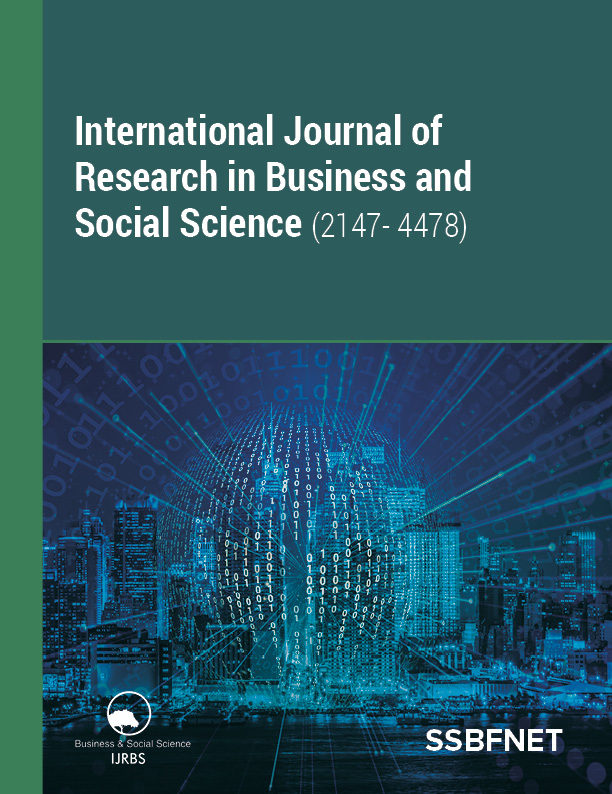
International Journal of Research in Business and Social Science
Yazarlar: Mavhungu Abel Mafukata, Grace Kancheya, Willie Dhlandhara
Konular:
Anahtar Kelimeler:Perceptual Studies Savings Zambia Poverty
Özet: The main objective of this paper is to investigate the factors having the most influence on the alleviation of poverty amongst the households adopting microfinance in Zambia. Ninety nine (n=99) respondents were randomly and purposively selected from amongst 340 microfinance adopters of the so-called Micro Bankers Trust programme operating a microfinance business in the Makululu Compound of Kabwe, Zambia. Socio-demographic primary data were collected through face-to-face interviews based on a semi-structured questionnaire instrument. The data were entered into an excel spreadsheet for analysis. The descriptive data were thereafter exported and fitted to an empirical model. The descriptive results revealed that the majority of the respondents were married, unemployed, fairly educated younger women from larger-sized poor households who drew their household income mainly from microfinance activities. The majority of the respondents thought microfinance had improved their well-being in some crucial areas. The results of the empirical model found that some respondents were indeed alleviated from poverty through microfinance. Conclusion drawn in this paper is that microfinance does alleviate poverty of the poor.